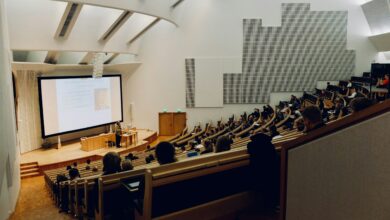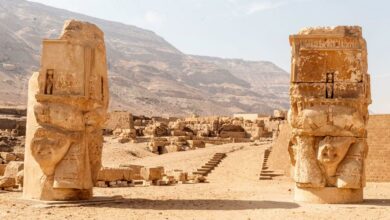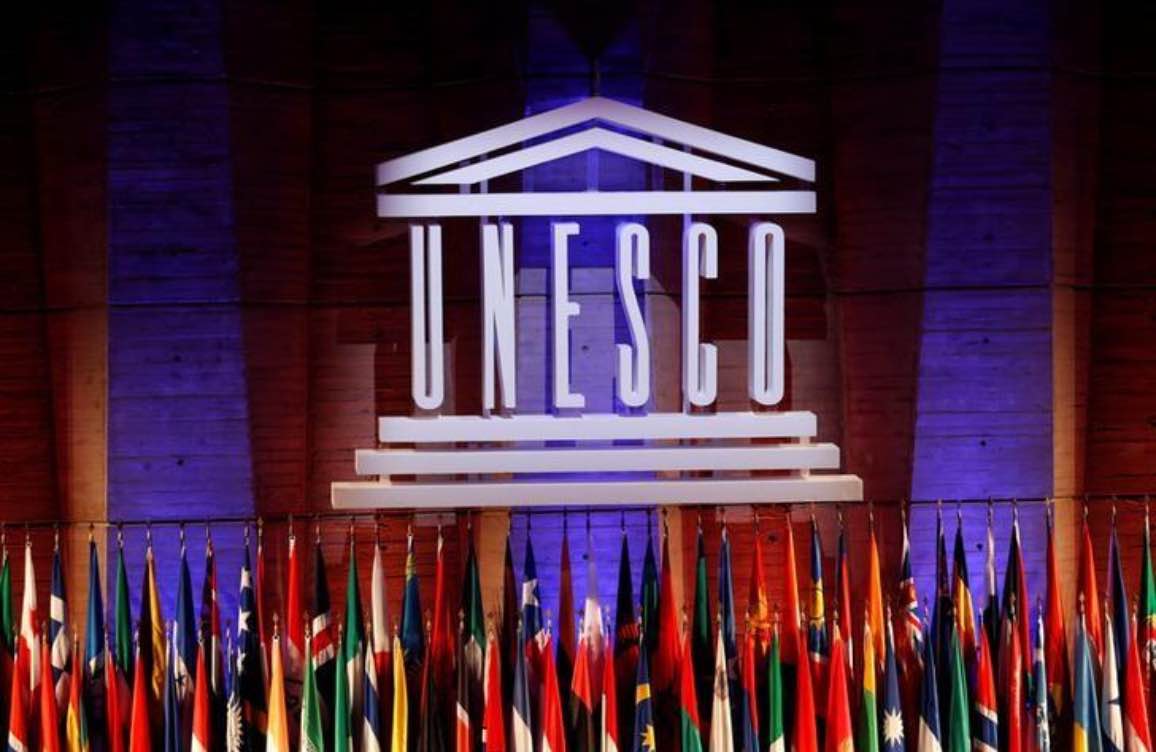At a conference organized by the Scientific Research Academy on Thursday, attendees discussed UNESCO’s 2010 Science Report on scientific research expenditure in the Arab world.
The report found that research expenditure in the Arab world has fallen short of world averages over the last four decades.
It also found that basic education in the Arab world was failing to produce qualified scientists capable of tackling pressing national issues–such as food, water and energy shortages–or improving public health services and realizing needed infrastructure projects.
According to the report, since 2007, Egypt has been spending as little as 0.23 percent of its Gross Domestic Product (GDP) on scientific research. Tunis, for its part, spent more than 1 percent.
The report also noted that Qatar had announced that it would increase its research expenditure to 2.8 percent of its GDP in the coming five years.
Bahrain came in last on the list, at 0.04 percent of GDP, preceded by Saudi Arabia at 0.05 percent.
The report went on to note that, despite the existence of reputable universities in the Arab world, there were only 373 researchers per million capita, while the global average stands at 1081 researchers per million. In addition, most Arab researchers live outside their home countries and therefore do not contribute to their respective countries’ GDP.
The report also noted that Ahmed Zewail was the only Arab scientist to win the Nobel Prize, while only five Arab women had been recipients of UNESCO's L’Oreal Award for Women in Science.
Translated from the Arabic Edition.




